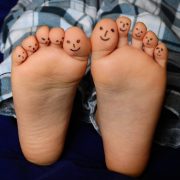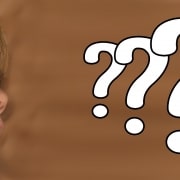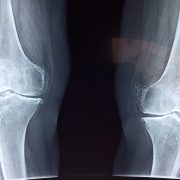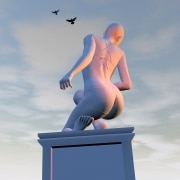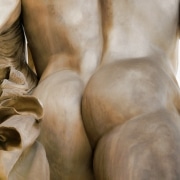The psychological cerebellum
It’s only been since just about 1998 that the cerebellum has been considered as more than just a brain part responsible for motor competencies. It was researcher Schmahmann that published three back-to-back game-changing papers in 1990, 1997 and 1998. All three investigated the role of the cerebellum in cognition, to some extent. Read more



